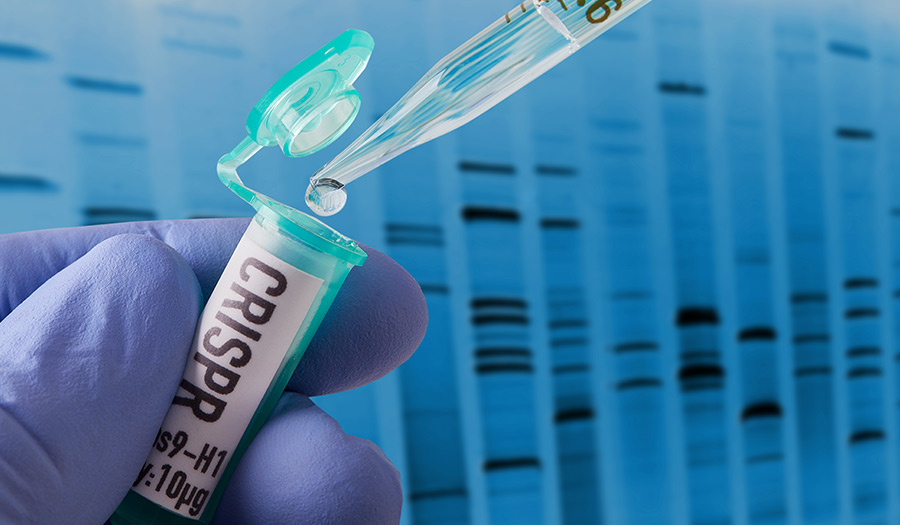 Getty Images
Getty Images
World News Desk
Learn the why behind the headlines.
Subscribe to the Real Truth for FREE news and analysis.
Subscribe NowScientists for the first time have used CRISPR gene editing to halt the progression of Duchenne muscular dystrophy (DMD) in a large mammal, according to a study by UT Southwestern that provides a strong indication that a lifesaving treatment may be in the pipeline.
The research published in Science documents unprecedented improvement in the muscle fibers of dogs with DMD—the most common fatal genetic disease in children, caused by a mutation that inhibits the production of dystrophin, a protein critical for muscle function.
Researchers used a single-cut gene-editing technique to restore dystrophin in muscle and heart tissue by up to 92 percent of normal levels. Scientists have estimated a 15 percent threshold is needed to significantly help patients.
“Children with DMD often die either because their heart loses the strength to pump, or their diaphragm becomes too weak to breathe,” said Dr. Eric Olson, Director of UT Southwestern’s Hamon Center for Regenerative Science and Medicine. “This encouraging level of dystrophin expression would hopefully prevent that from happening.”
DMD, which affects 1 in 5,000 boys, leads to muscle and heart failure, and premature death by the early 30s. Patients are forced into wheelchairs as their muscles degenerate and eventually onto respirators as their diaphragms weaken. No effective treatment exists, though scientists have known for decades that a defect in the dystrophin gene causes the condition.
The lab will next conduct longer-term studies to measure whether the dystrophin levels remain stable and to ensure the gene edits do not have adverse side effects. Lead author of the study Dr. Leonela Amoasii stated that “we have more to do before we can use this clinically.”
Vigorous work and investments are pushing toward CRISPR cures for every form of cancer and even ways to combat aging. With each development, the question shifts from “What can we do?” to “What should we do?” The CRISPR Revolution explains both the promising developments and potential dangers of DNA editing.
More on Related Topics:
- Pagers and Drones: How Hezbollah Aims to Counter Israel’s High-tech Surveillance
- U.S. as Many as 15 Years Behind China on Nuclear Power, Report Says
- Bird Flu Is Highly Lethal to Some Animals, but Not to Others. Scientists Want to Know Why
- China Lands on Moon’s Far Side in Historic Sample-retrieval Mission
- What the April 8 Eclipse Really Meant


